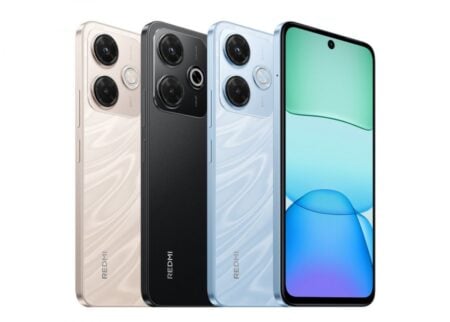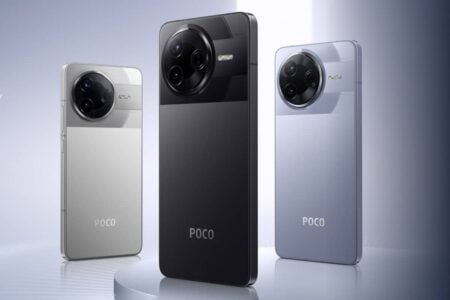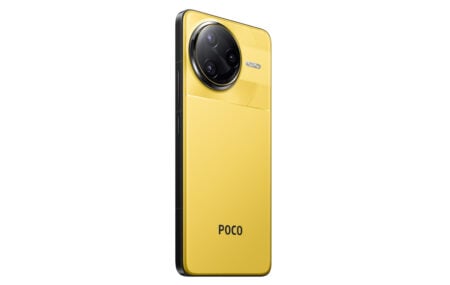The widespread adoption of mobile phones, particularly smartphones, has become an integral part of modern life, fueling the internet boom. These pocket-sized devices have evolved to become indispensable tools, leading many to wonder if they will ever be replaced. The future of smartphones is a topic that has piqued curiosity and speculation, and recent statements by industry leaders have added intriguing dimensions to this conversation.

Bill Gates, co-founder of Microsoft, has hinted at a disruptive technology that could potentially eclipse smartphones: electronic tattoos. Nokia’s CEO, Pekka Lundmark, predicts that the advent of 6G technology by 2030 will bring about a seismic shift in how we interact with digital devices, with smart glasses and body-integrated products poised to replace traditional smartphones. In this article, we delve into the possibilities and implications of these emerging technologies.
Bill Gates has ignited speculation about the future of mobile phones by suggesting that electronic tattoos could supplant traditional smartphones. These electronic tattoos, developed by CHAOTIC MOON, represent a convergence of biotechnology and wearable technology. While their current applications are specialized, the company is actively exploring the potential for these tattoos to replace smartphones in the future.
The idea of electronic tattoos replacing smartphones might seem far-fetched at first, but it underscores the relentless pace of technological innovation. Imagine a future where you simply touch or gesture on your own skin to make a call, send a message, or access the internet. Such a transformation could redefine our relationship with technology, making it even more integrated into our daily lives.
Nokia’s CEO, Pekka Lundmark, has also weighed in on the future of mobile phones, predicting a significant disruption with the advent of 6G technology by 2030. According to Lundmark, the traditional smartphone interface as we know it will undergo a fundamental shift.
In this envisioned future, smart glasses and other body-integrated products will replace conventional smartphones. These devices will directly connect to our bodies, offering a seamless and immersive digital experience. Imagine wearing smart glasses that display information, provide communication capabilities, and access the internet without the need for a handheld device. It’s a scenario that promises greater convenience and a deeper integration of technology into our daily routines.
As we contemplate the potential transition from smartphones to electronic tattoos and body-integrated devices, it’s essential to consider the implications and possibilities. While these innovations offer exciting prospects, they also raise questions about privacy, security, and societal impact.
Electronic tattoos, with their data-gathering capabilities, may spark concerns about the protection and ownership of personal information. Additionally, the integration of technology into our bodies presents ethical dilemmas and the need for robust cybersecurity measures.



